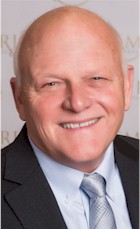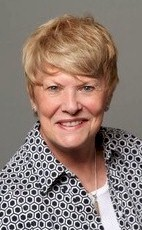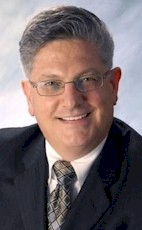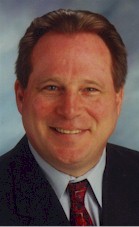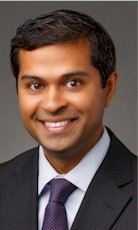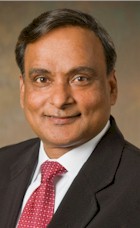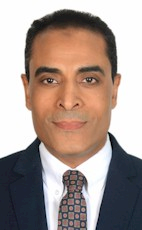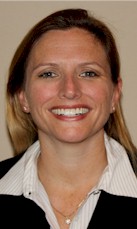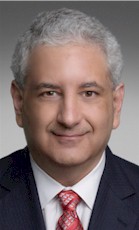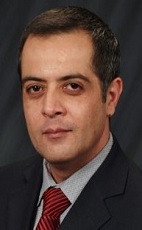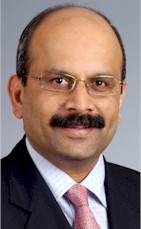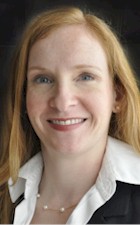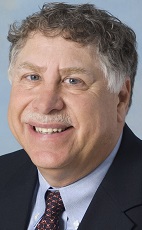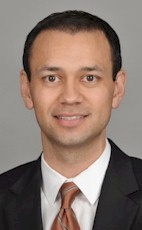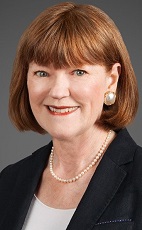
Revenue Management is a dynamic and ever-evolving profession and its role is becoming increasingly influential within hotel operations. In some ways, the revenue manager's office is now the functional hub in a hotel. Primarily this is due to the fact that everything a revenue manager does affect every other department. Originally revenue managers based their forecasting and pricing strategies on a Revenue per Available Room (RevPAR) model and some traditional hotels still do. But other more innovative companies have recently adopted a Gross Operating Profit per Available Room (GOPPAR) model which measures performance across all hotel revenue streams. This metric considers revenue from all the profit centers in a hotel - restaurants, bars, spas, conference/groups, golf courses, gaming, etc. - in order to determine the real gross operating profit per room. By fully understanding and appreciating the profit margins in all these areas, as well as knowing the demand for each one during peak or slow periods, the revenue manager can forecast and price rooms more accurately, effectively and profitably. In addition, this information can be shared with general managers, sales managers, controllers, and owners so that they are all aware of and involved in forecasting and pricing strategies. One consequence of a revenue manager's increasing value in hotel operations is a current shortage of talent in this field. Some hotels are being forced to co-source or out-source this specialized function and in the meantime, some university administrators are looking more closely at developing a revenue management curriculum as a strategy for helping the hospitality industry close this gap. The October issue of the Hotel Business Review will address these significant developments and document how some leading hotels are executing their revenue management strategies.



 Revenue Management is a dynamic and ever-evolving profession and its role is becoming increasingly influential within hotel operations. In some ways, the revenue manager's office is now the functional hub in a hotel. Primarily this is due to the fact that everything a revenue manager does affect every other department. Originally revenue managers based their forecasting and pricing strategies on a Revenue per Available Room (RevPAR) model and some traditional hotels still do. But other more innovative companies have recently adopted a Gross Operating Profit per Available Room (GOPPAR) model which measures performance across all hotel revenue streams. This metric considers revenue from all the profit centers in a hotel - restaurants, bars, spas, conference/groups, golf courses, gaming, etc. - in order to determine the real gross operating profit per room. By fully understanding and appreciating the profit margins in all these areas, as well as knowing the demand for each one during peak or slow periods, the revenue manager can forecast and price rooms more accurately, effectively and profitably. In addition, this information can be shared with general managers, sales managers, controllers, and owners so that they are all aware of and involved in forecasting and pricing strategies. One consequence of a revenue manager's increasing value in hotel operations is a current shortage of talent in this field. Some hotels are being forced to co-source or out-source this specialized function and in the meantime, some university administrators are looking more closely at developing a revenue management curriculum as a strategy for helping the hospitality industry close this gap. The October issue of the Hotel Business Review will address these significant developments and document how some leading hotels are executing their revenue management strategies.
Revenue Management is a dynamic and ever-evolving profession and its role is becoming increasingly influential within hotel operations. In some ways, the revenue manager's office is now the functional hub in a hotel. Primarily this is due to the fact that everything a revenue manager does affect every other department. Originally revenue managers based their forecasting and pricing strategies on a Revenue per Available Room (RevPAR) model and some traditional hotels still do. But other more innovative companies have recently adopted a Gross Operating Profit per Available Room (GOPPAR) model which measures performance across all hotel revenue streams. This metric considers revenue from all the profit centers in a hotel - restaurants, bars, spas, conference/groups, golf courses, gaming, etc. - in order to determine the real gross operating profit per room. By fully understanding and appreciating the profit margins in all these areas, as well as knowing the demand for each one during peak or slow periods, the revenue manager can forecast and price rooms more accurately, effectively and profitably. In addition, this information can be shared with general managers, sales managers, controllers, and owners so that they are all aware of and involved in forecasting and pricing strategies. One consequence of a revenue manager's increasing value in hotel operations is a current shortage of talent in this field. Some hotels are being forced to co-source or out-source this specialized function and in the meantime, some university administrators are looking more closely at developing a revenue management curriculum as a strategy for helping the hospitality industry close this gap. The October issue of the Hotel Business Review will address these significant developments and document how some leading hotels are executing their revenue management strategies.
